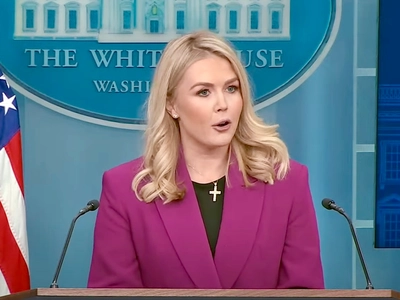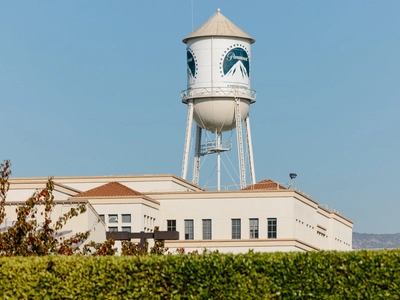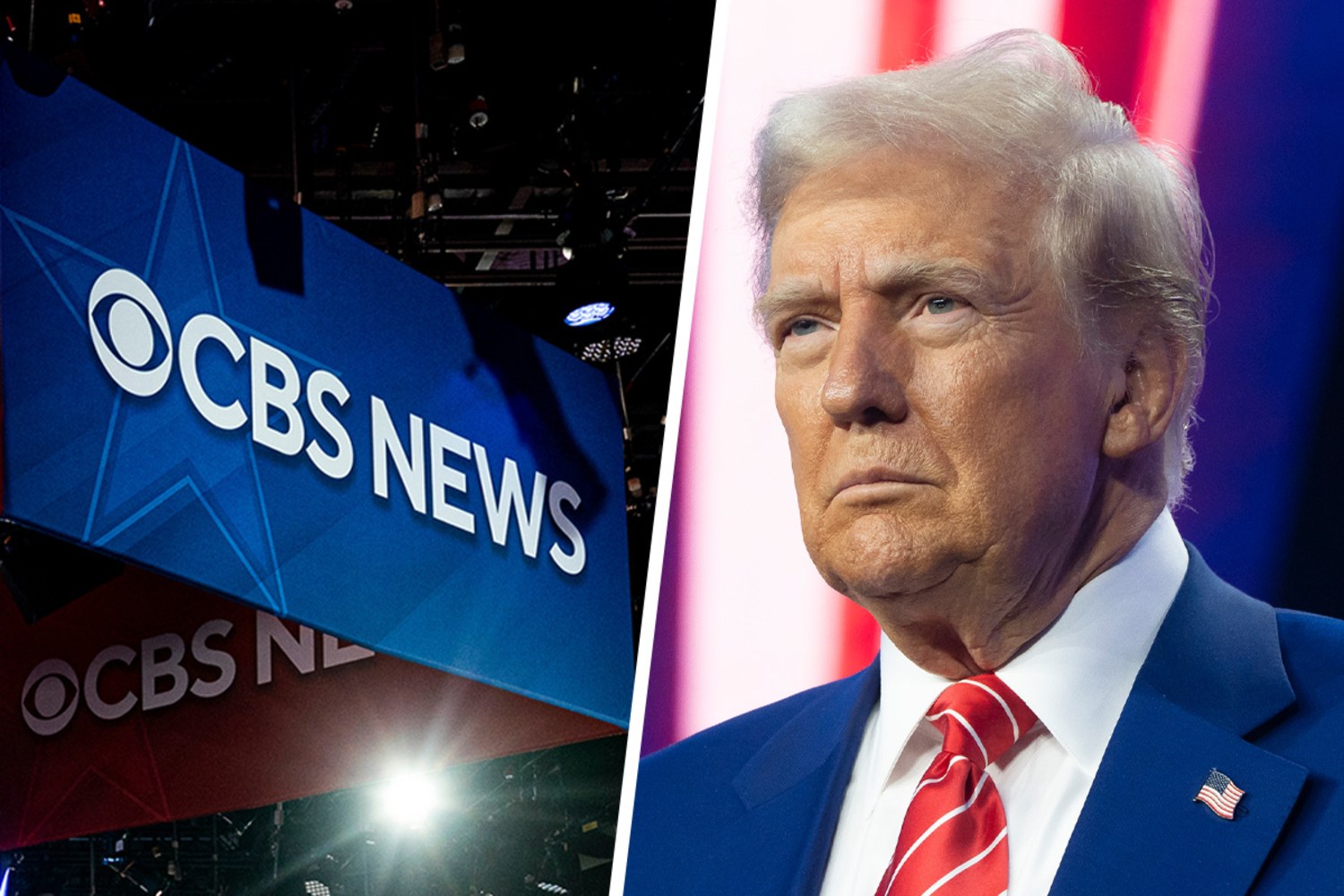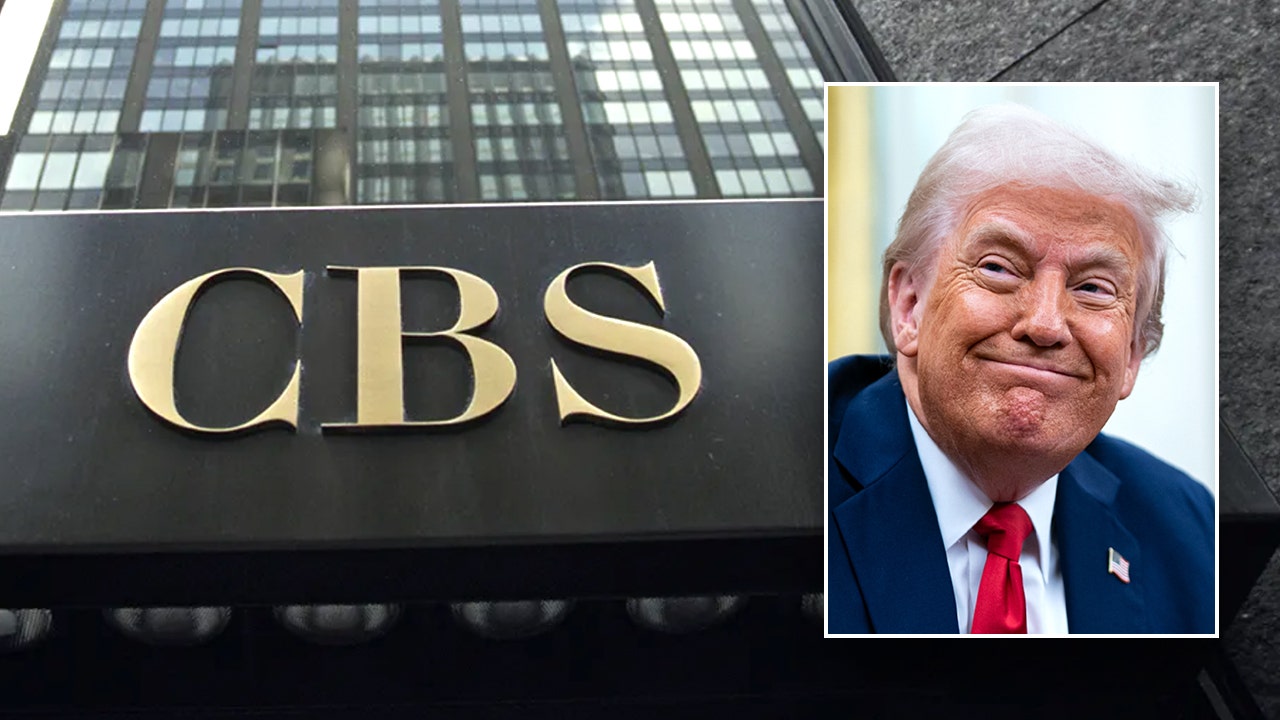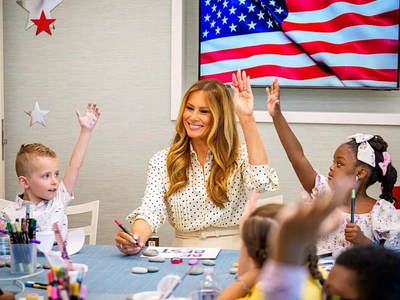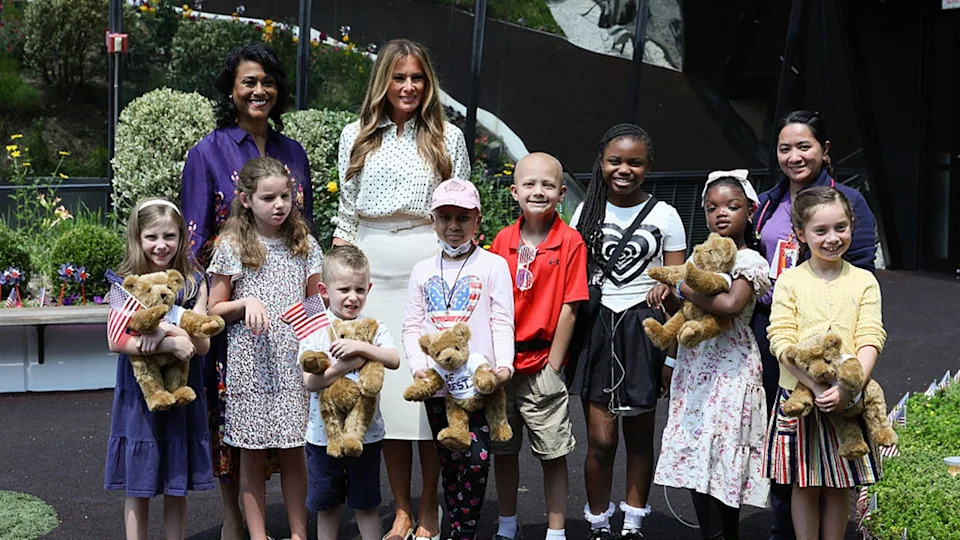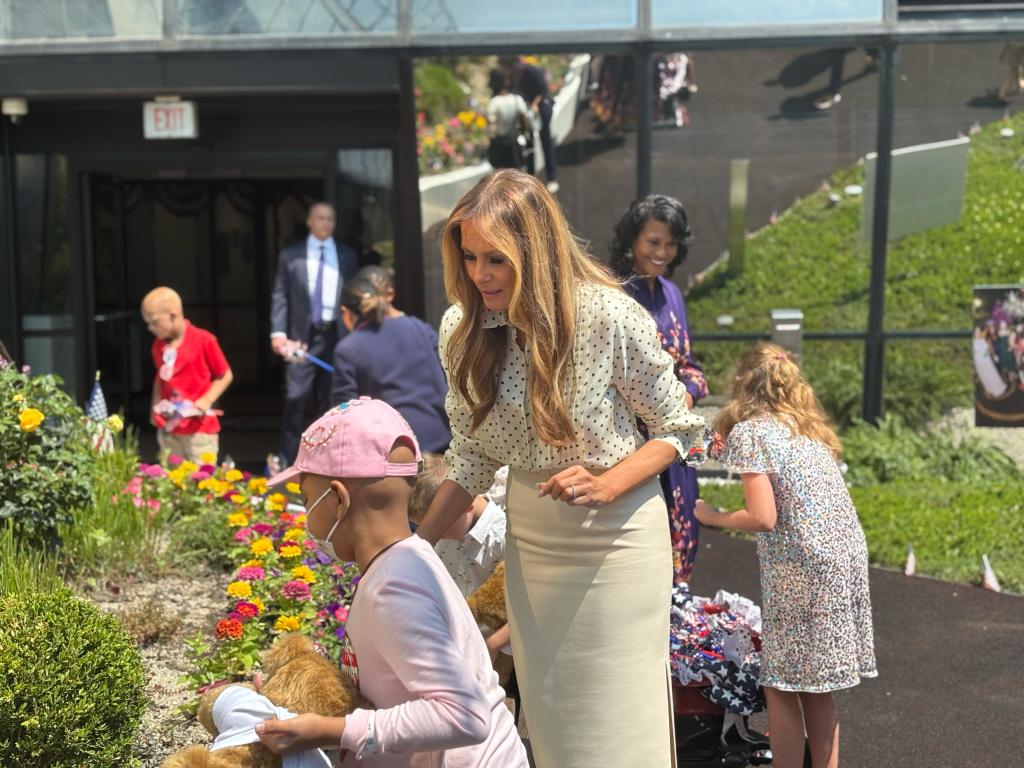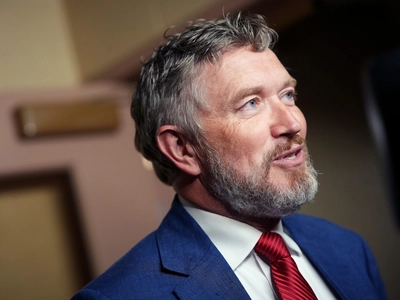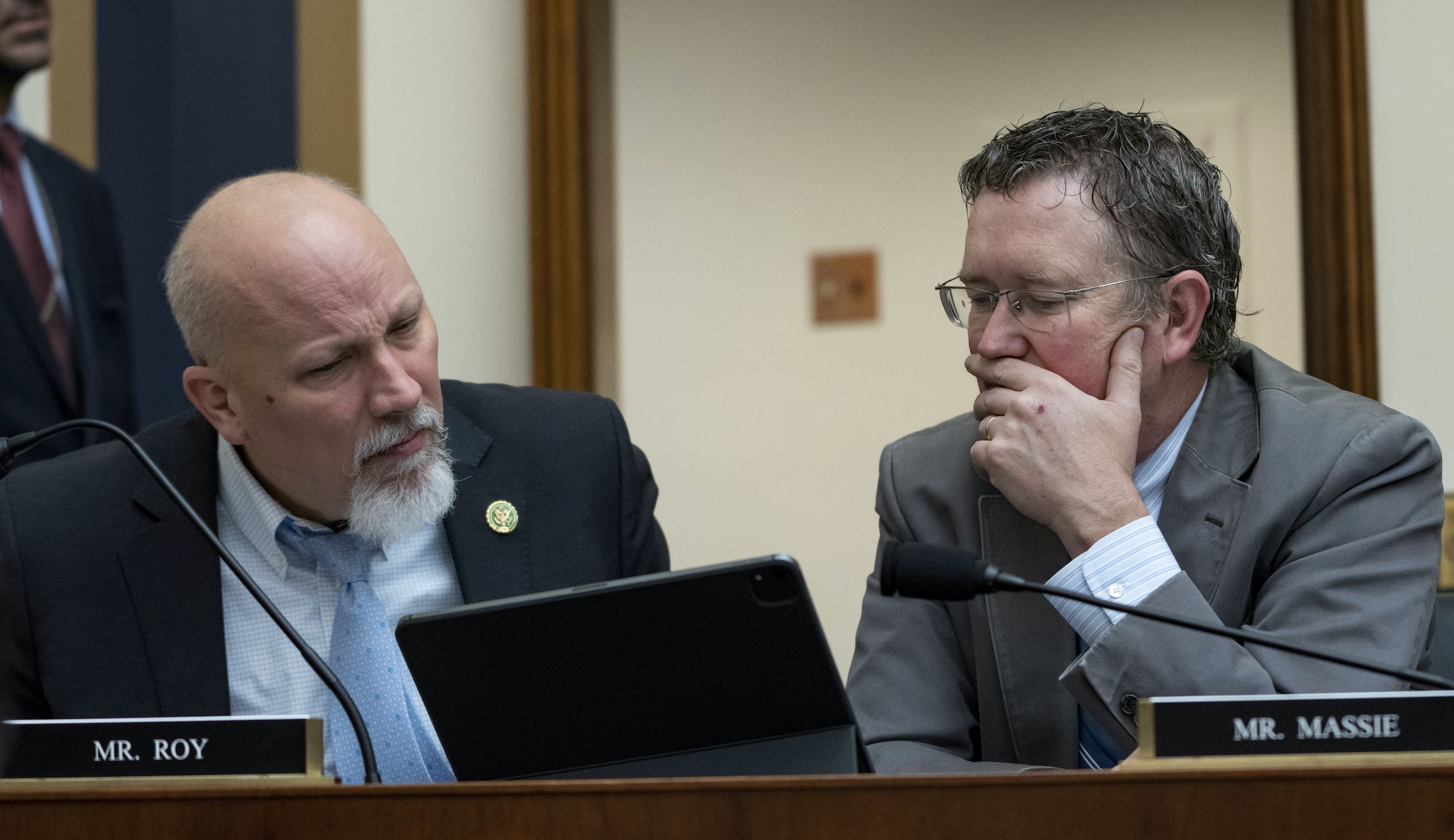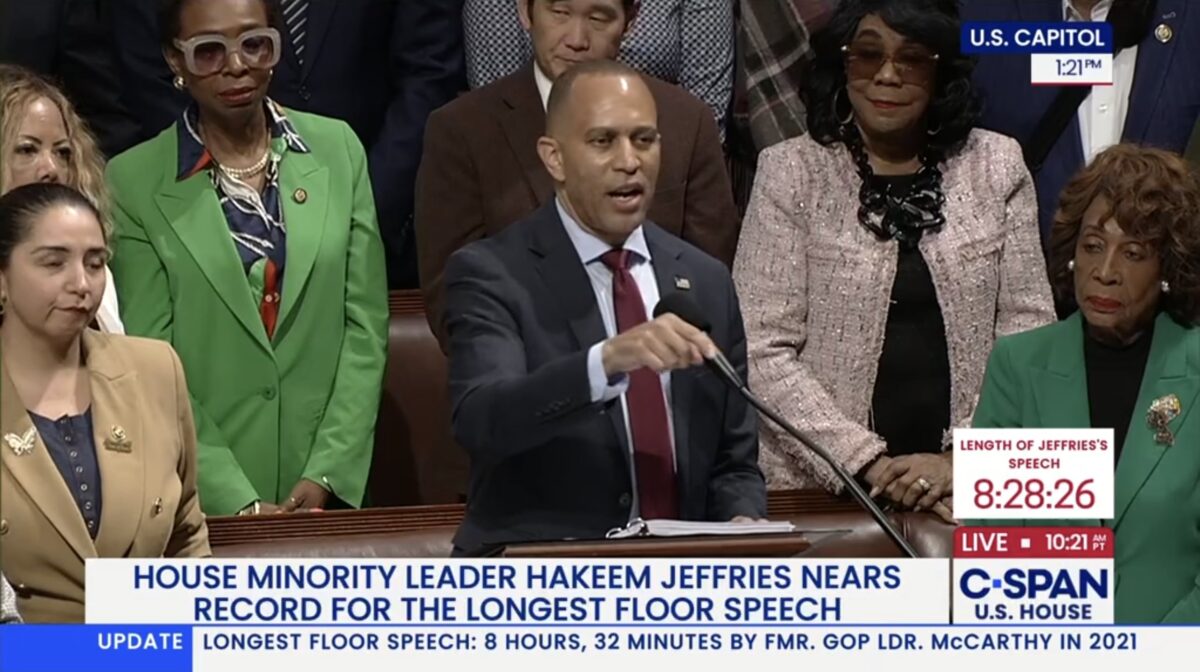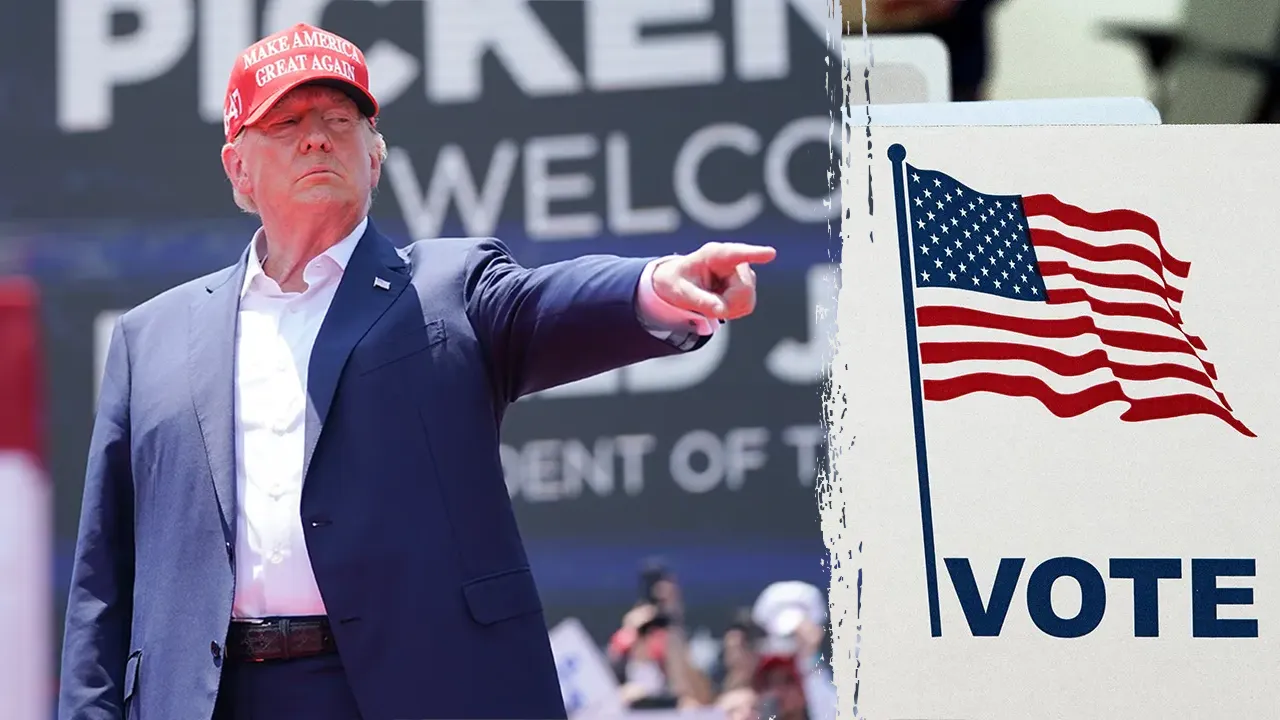They Called It 'Misinformation'—Now It's Front Page News (What Else Are They Hiding?)
They called it dangerous misinformation. They banned it from social media. They fact-checked it into oblivion. Then, quietly, without fanfare or apology, it became accepted truth.
The COVID lab leak theory isn't just another news story—it's a blueprint for how our media establishment operates. And if you're paying attention, you'll notice this isn't the first time.
The Great Silencing of 2020
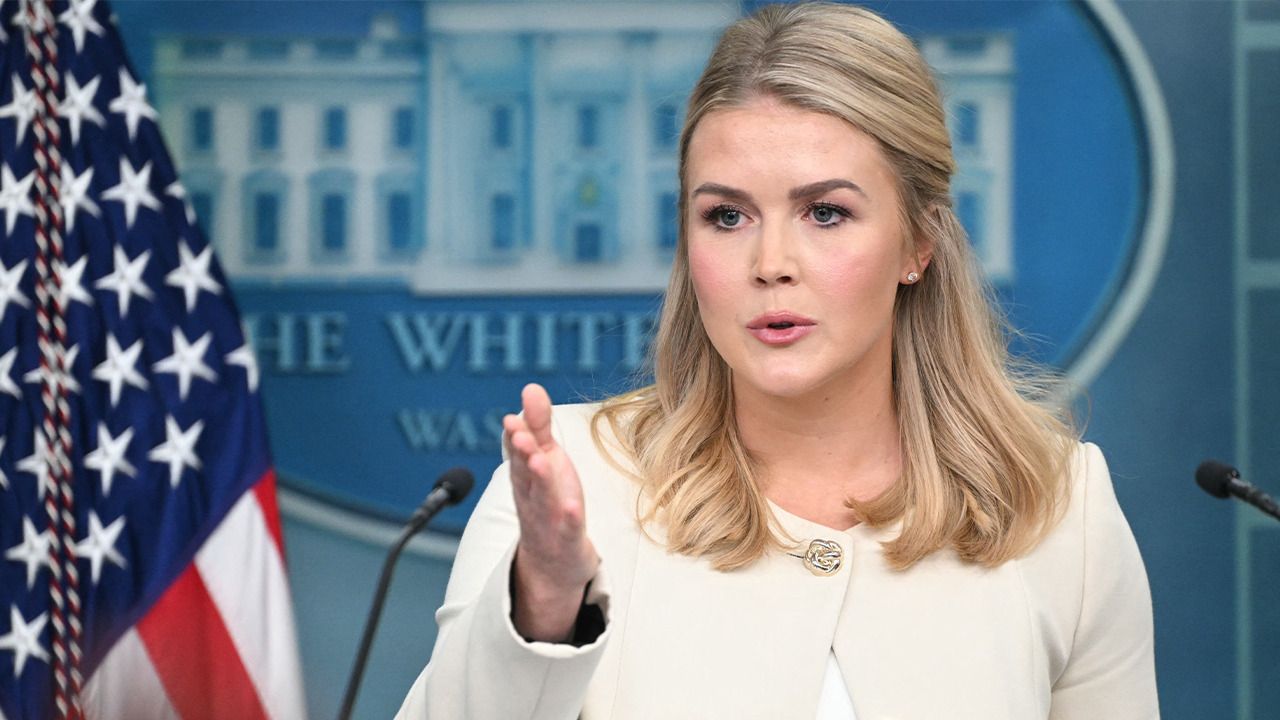
Remember when asking questions about COVID's origins could get you suspended from Twitter? When Facebook would slap warning labels on posts suggesting the virus might have escaped from a lab? When YouTube would delete videos faster than you could upload them?
In early 2020, the Wuhan lab leak theory wasn't just dismissed—it was weaponized as a political cudgel. Anyone who dared suggest that a virus outbreak occurring blocks away from a virology lab studying coronaviruses might be connected was immediately branded a conspiracy theorist, a racist, or worse.
The message was crystal clear: questioning the official narrative wasn't just wrong—it was dangerous.
The Experts Have Spoken (Until They Change Their Minds)
The scientific establishment rallied behind the natural origin theory with religious fervor. A group of prominent scientists published a letter in The Lancet condemning lab leak theories as "conspiracy theories." Dr. Anthony Fauci dismissed the possibility with characteristic authority. The World Health Organization's investigation was treated as gospel.
Meanwhile, Facebook's fact-checkers worked overtime, Twitter's algorithm buried dissenting voices, and YouTube's content moderation army swept through channels like digital book burners.
The tech giants didn't just suppress content—they suppressed curiosity itself.
The Quiet Reversal
Then something funny happened. In May 2021, Facebook quietly lifted its ban on lab leak discussions. No press conference. No mea culpa. Just a silent policy change buried in corporate communications.
Suddenly, the same theory that had been "debunked misinformation" became a "legitimate area of scientific inquiry." The same questions that had been conspiracy theories became "reasonable concerns deserving investigation."
The mainstream media, which had spent months ridiculing anyone who entertained the lab leak possibility, began publishing think pieces about how "we need to keep an open mind" and "follow the science wherever it leads."
This Isn't About One Story
The COVID lab leak reversal isn't an isolated incident—it's part of a disturbing pattern that should alarm anyone who values truth over narrative control.
Remember the Hunter Biden laptop story? Dismissed as "Russian disinformation" by 51 former intelligence officials. Banned from social media. Buried by mainstream outlets. Until it wasn't. Until even left-leaning publications had to admit the laptop was real and the emails were authentic.
Remember the Russia collusion narrative? Years of breathless coverage, special counsels, and media speculation. Then the Mueller Report landed with a thud, finding no evidence of coordination between the Trump campaign and Russia.
Remember when questioning vaccine efficacy got you labeled anti-science? When asking about natural immunity made you a public health threat? When wondering about lockdown effectiveness branded you a grandma killer?
The pattern is always the same: Dismiss, discredit, deplatform. Then quietly walk it back when the narrative becomes unsustainable.
The Weaponization of 'Conspiracy Theory'
The term "conspiracy theory" has become the media's nuclear option—a conversation-ending label that stops critical thinking in its tracks. It's deployed not to engage with ideas, but to eliminate them from acceptable discourse.
This weaponization serves a dual purpose: it protects powerful institutions from scrutiny while making ordinary people afraid to ask uncomfortable questions. Who wants to be labeled a conspiracy theorist? Who wants to be lumped in with flat-earthers and moon landing deniers?
But here's the uncomfortable truth: sometimes conspiracy theories turn out to be conspiracy facts. Sometimes the "misinformation" is actually information the establishment doesn't want you to have. Sometimes the "debunked" theories are simply inconvenient truths waiting for their moment.
The Trust Deficit
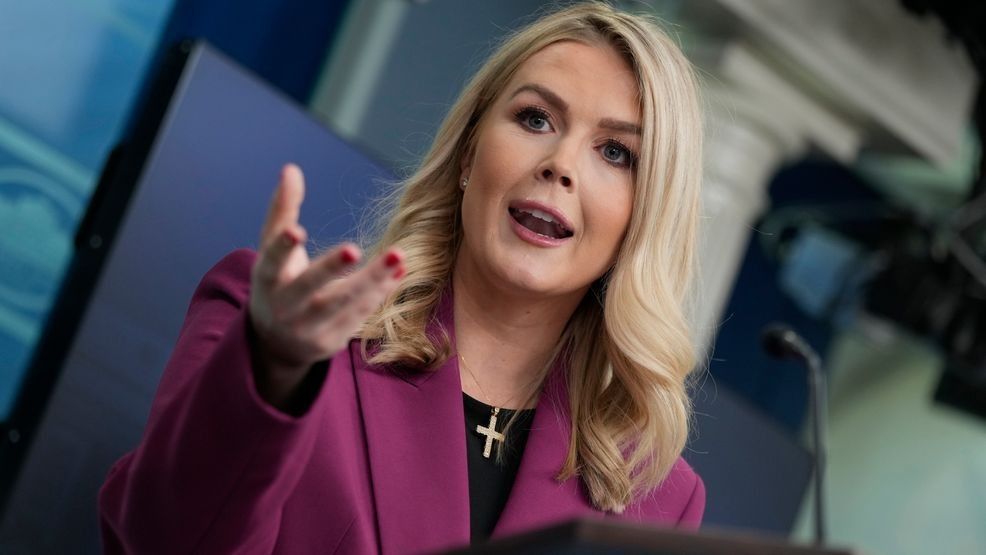
Every time this pattern repeats, public trust in media institutions takes another hit. Every quiet reversal, every memory-holed correction, every "we were just following the science" excuse erodes credibility that may never be recovered.
The media's credibility crisis isn't happening in a vacuum—it's the inevitable result of repeatedly crying wolf, then acting surprised when people stop believing.
When journalists become activists, when fact-checkers become narrative enforcers, when platforms become publishers, the line between news and propaganda blurs beyond recognition.
The Questions We Should Be Asking
If they were wrong about COVID's origins, what else are they wrong about?
If they were willing to suppress legitimate scientific inquiry to protect a narrative, what other inquiries are they suppressing?
If they can flip-flop on major stories without accountability, why should we trust them on anything?
If the same people who called you a conspiracy theorist are now quietly admitting you were right, shouldn't that tell us something about how information flows in our society?
The Real Conspiracy
Maybe the real conspiracy isn't the theory—it's the systematic suppression of legitimate questions in service of predetermined narratives. Maybe it's the coordination between government agencies, tech companies, and media outlets to control what information reaches the public.
Maybe it's the revolving door between journalism and activism, where asking hard questions matters less than maintaining the right political positions.
Maybe it's the transformation of skepticism from a journalistic virtue into a social crime.
What Happens Next?
The COVID lab leak story won't be the last time we see this pattern. There will be other inconvenient questions, other uncomfortable theories, other narratives that challenge powerful interests.
The question is: will we learn from this experience, or will we keep falling for the same manipulation tactics?
Will we demand accountability from the institutions that got it wrong, or will we let them quietly move on to the next narrative?
Will we encourage genuine scientific inquiry and journalistic curiosity, or will we continue to let agenda-driven activism masquerade as objective reporting?
The answer will determine whether we live in a society that values truth or one that prioritizes narrative control.
The Choice Is Ours
Every time someone asks an uncomfortable question, every time someone challenges the official story, every time someone refuses to accept "because experts said so" as a sufficient answer, they're making a choice.
They're choosing curiosity over compliance, skepticism over submission, truth over narrative.
The lab leak theory teaches us that today's "misinformation" might be tomorrow's accepted fact. Today's "conspiracy theory" might be tomorrow's investigative journalism.
The real question isn't whether we'll be proven right or wrong about any particular issue. The real question is whether we'll preserve the right to ask questions at all.
Because once that right is gone, once skepticism is criminalized and curiosity is condemned, we won't just lose our freedom to speak.
We'll lose our ability to think.
And that's when the real conspiracy begins.
